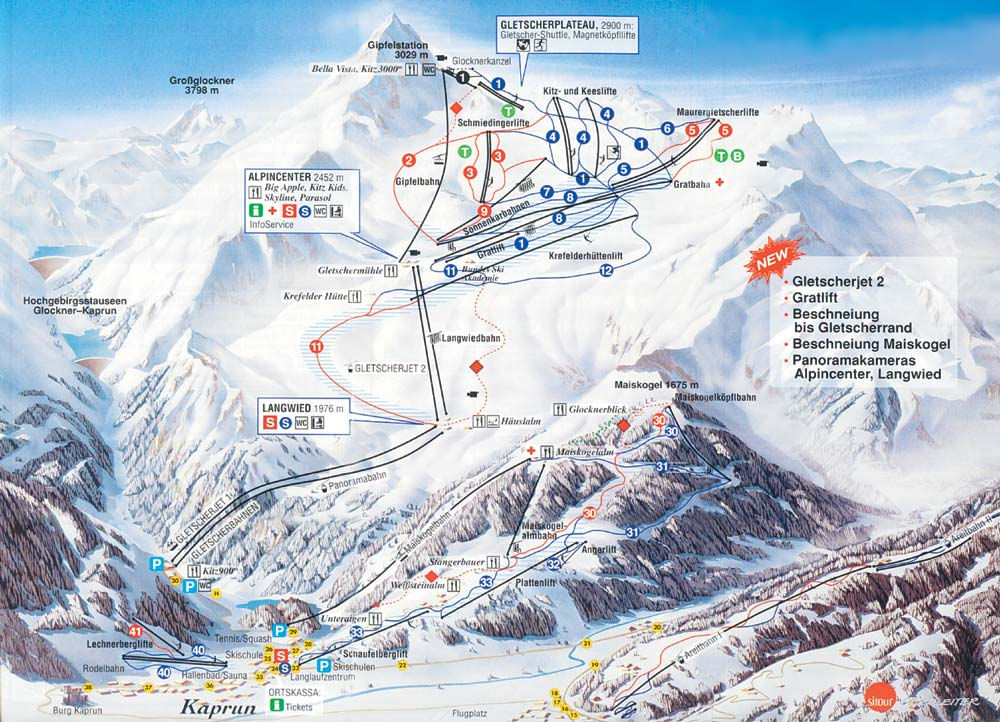
My company has a large office in Heidelberg, Germany, which I have been to probably six or seven times.
Heidelberg is one of those quaint little European towns with cobblestone streets in the old part of town, nice gothic cathedrals, and a castle which overlooks the town from up on a hill. If you are ever doing a tour of the south of Germany I highly recommend making a stop there. Friendly people, good (heavy) food, and a little bit of history.
—- WARNING: RAMBLING PHILOSOPHICAL DIGRESSION —-
Every time I see these parts of cities that are centuries old, where the buildings are sometimes older than my country, I think about what a difference in perspective there is between countries with real and obvious historical tradition, and America. I’ve always thought that history is a bit of a double edged sword. It can give you a perspective on the world that is perhaps a bit more far-sighted, if your country can claim that it was a nation (or becoming one) a thousand years ago. Or THREE thousand years ago in the case of the Greeks. It can give you a sense of belonging to a tradition, but in many ways that cuts both ways.
By NOT having an extremely long history, America is free to make it up as it goes along, and everyone who is there at the time can feel like they are equally a part of it. You lose the long term perspective, and perhaps your identity has to be grounded in something other than the history of your country, but we substitute other traditions (like our family history, or ethnic history) and the good news is that everyone gets to identify themselves in two ways: as an American, and as whatever it is they want to identify their history as.
Italian-American. African-American. Asian-American. Etc.
Yeah, we become a country of hyphenated people, but that’s symbolic of the advantages and disadvantages of our national character. We let everyone be a part of it, and at the same time we let everyone distinguish themselves. The national identity is not something that is allowed to be tied to a particular ethnicity, a particular religion, a particular skin color, etc. (Not to say that our history ISN’T written from a particular perspective of a particular group of white, European-descended, Christians.) The word “American” doesn’t imply a specific set of characteristics, but gets to represent more abstract concepts: individual freedom, equality of opportunity, aggressive use of force against other countries, the schizophrenia of gun-totin’ crazies and tree-hugging liberals living together…
Try doing that with the cultural identity “French”. Being “French” implies a particular set of historical experiences, largely associated with a particular race and religion (or two). Same with the Dutch, Germans, British, Irish, Spanish, Italian…. and on and on and on.
Alright, enough for one post. But I invite anyone to comment on whether they agree or disagree with this analysis.



1 Comment
Comments are closed.